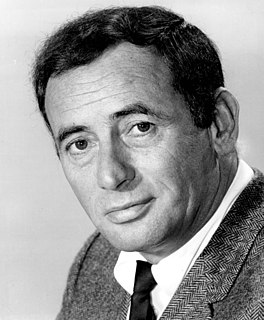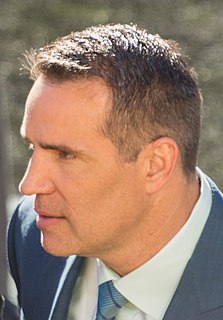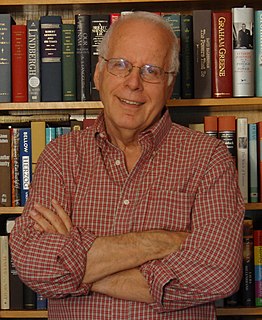A Quote by Studs Terkel
A guy I interviewed for Hard Times says, "What do I remember about the Great Depression? That I was hungry, that's all." Elemental things.
Quote Topics
Related Quotes
One time we were having dinner and some guy came by and took a potato off of Frank Sinatra's plate. And Frank said, “Hey pal, are you hungry?” The guy says, “yeah.” Frank said, “Sit down.” And he gave him his dinner. I thought for sure there was gonna be trouble from the guys surrounding Frank, but Frank says, “Jeez, relax, the man's hungry.”
Mama told me to make a special point to remember the best times of my life. There are so many hard things to live through, and latching on to the good things will give you strength to endure, she says. So I must remember this day. It is beautiful and this seems like the best time to live and the best place
It's not the way I threw the football - it's not particular games that I won - but that they remember that here's a guy that believed, that worked hard. Although things didn't always go in his favor, he continued to press through, and with his faith in himself and his faith in God, he was able to accomplish great things.
Another of the hard things about being in a war, grandchildren, is that although there are times of quiet when the fighting has stopped, you know you will soon be fighting again. Those quiet times give you the chance to think about what has happened. Some of it you would rather not think about, as you remember the pain and the sorrow. You also have time to worry about what will happen when you go into battle again.
As I was getting interviewed by the Wall Street Journal, or some big pub guy, all I remember was that he went off to the bathroom for a second, and they brought out my omelet. The next thing I remember, I woke up, and I was on the side of my own omelet, and there was no one at Buck's. Everyone was gone. They just let me sleep.

































